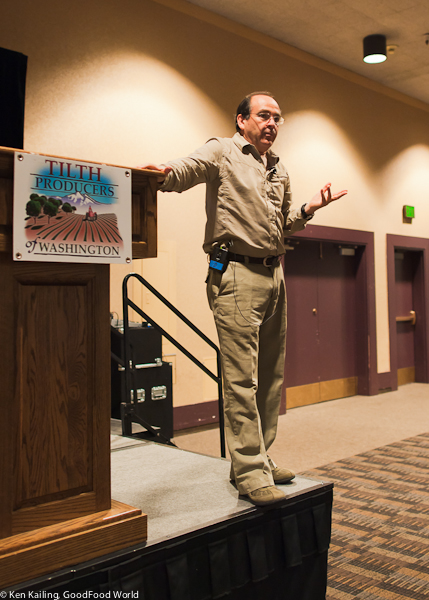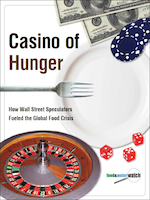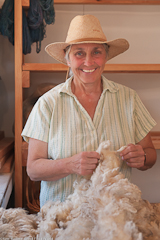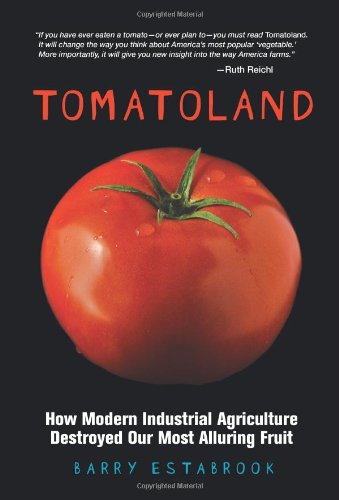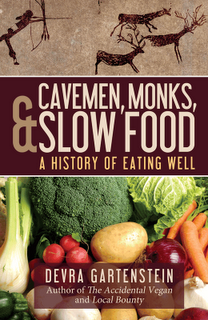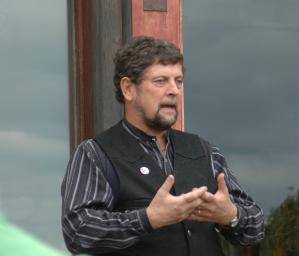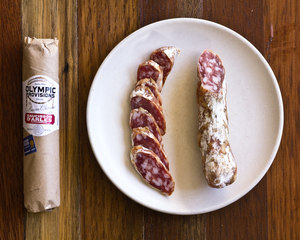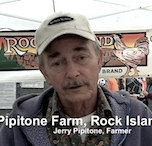Plumbing the Agroecology Zeitgeist
The highlight of the Tilth Producers of Washington Conference was the keynote delivered by professor Miguel Altieri of the Department of Environmental Science, Policy & Management, at the University of California. His specialty – agroecology — combines agriculture, the science of cultivating the land and raising livestock; with the principles of ecology, the study of the relationship between living organisms and their environments. Altieri began with a series of startling statistics proving that when measured in total output small scale indigenous agriculture is actually more productive than industrialized agribusiness.

